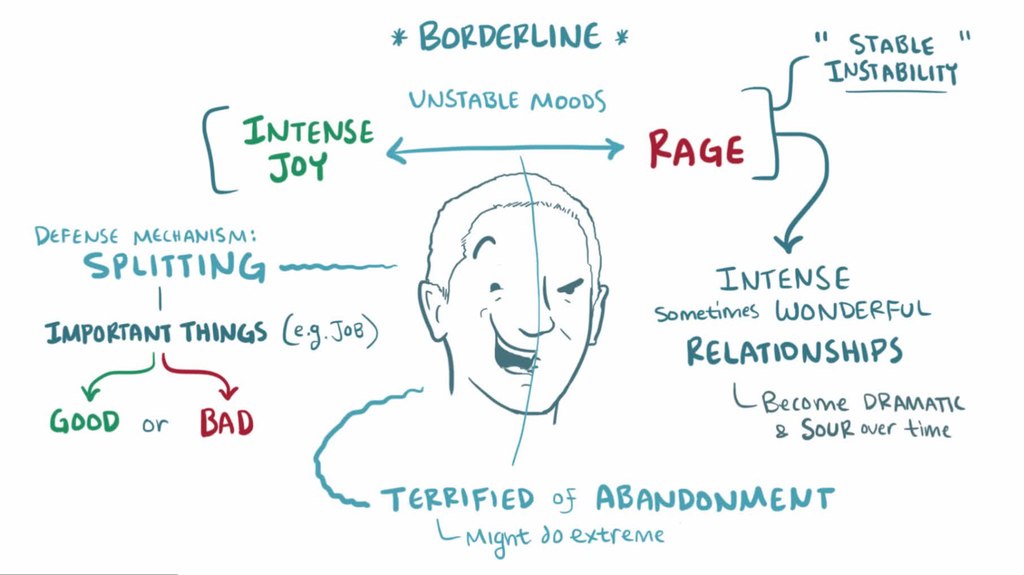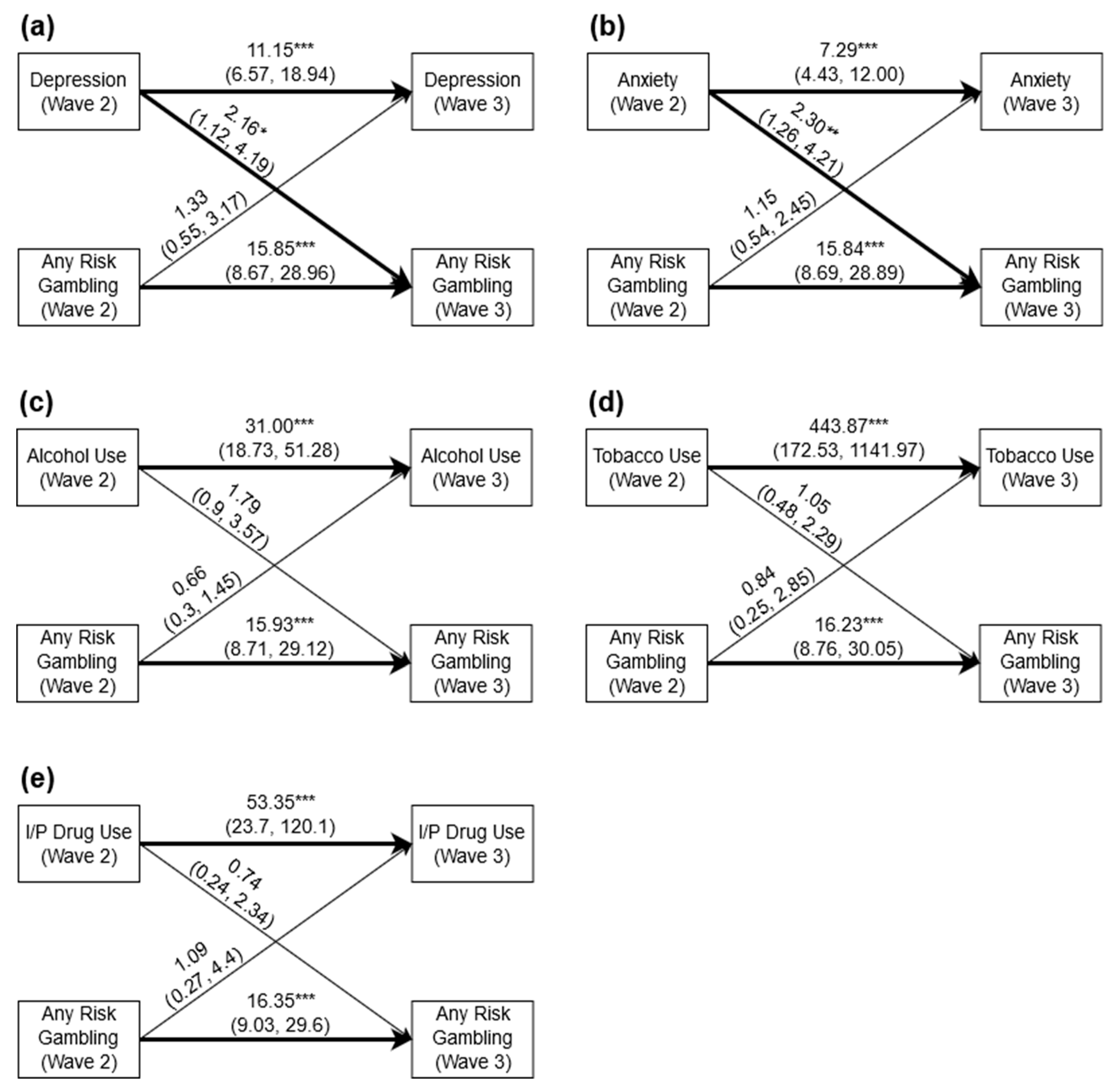Mood Disorder Compulsive Gambling
Like drug and alcohol abuse disorders, a gambling disorder can wreak havoc in most every area of a person’s life. Symptoms of compulsive gambling disorder include – Decline in personal appearance and/or hygiene. Overview Compulsive gambling, also called gambling disorder, is the uncontrollable urge to keep gambling despite the toll it takes on your life. Gambling means that you're willing to risk something you value in the hope of getting something of even greater value. Compulsive gambling, known formally as pathological gambling, is a psychiatric disorder that involves a persistent fixation with gambling that continues in the face of seriously negative personal or social consequences. Along with a varied range of other conditions that feature impulsive behavior, it’s officially categorized as an “impulse disorder not otherwise specified.” Current.
Compulsive gambling is being unable to resist impulses to gamble. This can lead to severe money problems, job loss, crime or fraud, and damage to family relationships.
Compulsive gambling most often begins in early adolescence in men, and between ages 20 and 40 in women.
People with compulsive gambling have a hard time resisting or controlling the impulse to gamble. The brain is reacting to this impulse in the same manner it reacts to a person addicted to alcohol or drugs. Although it shares features of obsessive compulsive disorder, compulsive gambling is likely a different condition.
In people who develop compulsive gambling, occasional gambling leads to a gambling habit. Stressful situations can worsen gambling problems.
People with compulsive gambling often feel ashamed and try to avoid letting other people know about their problem. The American Psychiatric Association defines pathological gambling as having 5 or more of the following symptoms:
- Committing crimes to get money to gamble.
- Feeling restless or irritable when trying to cut back or quit gambling.
- Gambling to escape problems or feelings of sadness or anxiety.
- Gambling larger amounts of money to try to make back past losses.
- Losing a job, relationship, education, or career opportunity due to gambling.
- Lying about the amount of time or money spent gambling.
- Making many unsuccessful attempts to cut back or quit gambling.
- Needing to borrow money due to gambling losses.
- Needing to gamble larger amounts of money in order to feel excitement.
- Spending a lot of time thinking about gambling, such as remembering past experiences or ways to get more money with which to gamble.
A psychiatric evaluation and history can be used to diagnose pathological gambling. Screening tools such as the Gamblers Anonymous 20 Questions www.gamblersanonymous.org/ga/content/20-questions can help with the diagnosis.
Treatment for people with compulsive gambling begins with recognizing the problem. Compulsive gamblers often deny they have a problem or need treatment.
Most people with pathological gambling only get treated when other people pressure them.
Treatment options include:
- Cognitive behavioral therapy (CBT).
- Self-help support groups, such as Gamblers Anonymous. Gamblers Anonymous www.gamblersanonymous.org/ is a 12-step program similar to Alcoholics Anonymous. Practices used to treat other types of addiction, such as substance use and alcohol use, can also be helpful in treating pathological gambling.
- A few studies have been done on medicines for treating compulsive gambling. Early results suggest that antidepressants and opioid antagonists (naltrexone) may help treat the symptoms of pathological gambling. However, it is not yet clear which people will respond to medicines.
Like alcohol or drug addiction, pathological gambling is a long-term disorder that tends to get worse without treatment. Even with treatment, it's common to start gambling again (relapse). However, people with pathological gambling can do very well with the right treatment.
Complications may include:
- Alcohol and drug use problems
- Anxiety
- Depression
- Financial, social, and legal problems (including bankruptcy, divorce, job loss, time in prison)
- Heart attacks (from the stress and excitement of gambling)
- Suicide attempts
Getting the right treatment can help prevent many of these problems.

Call your health care provider or mental health professional if you believe you have symptoms of pathological gambling.
Exposure to gambling may increase the risk of developing pathological gambling. Limiting exposure may be helpful for people who are at risk. Intervention at the earliest signs of pathological gambling may prevent the disorder from getting worse.
Gambling - compulsive; Pathological gambling; Addictive gambling
American Psychiatric Association website. Non-substance-related disorders. In: American Psychiatric Association. Diagnostic and Statistical Manual of Mental Disorders. 5th ed. Arlington, VA: American Psychiatric Publishing. 2013:585-589.

Balodis IM, Potenza MN. The biology and treatment of gambling disorder. In: Johnson BA, ed. Addiction Medicine: Science and Practice. 2nd ed. Philadelphia, PA: Elsevier; 2020:chap 33.
Weissman AR, Gould CM, Sanders KM. Impulse-control disorders. In: Stern TA, Fava M, Wilens TE, Rosenbaum JF, eds. Massachusetts General Hospital Comprehensive Clinical Psychiatry. 2nd ed. Philadelphia, PA: Elsevier; 2016:chap 23.
Updated by: Fred K. Berger, MD, addiction and forensic psychiatrist, Scripps Memorial Hospital, La Jolla, CA. Also reviewed by David Zieve, MD, MHA, Medical Director, Brenda Conaway, Editorial Director, and the A.D.A.M. Editorial team.
We’d all like to be rich. Playing the lottery or making an occasional trip to Las Vegas or some nearby casino allows us to indulge in the dream of being wealthy someday. Bright lights lure us in and sporadic gaming payouts tempt us into believing we might just hit it big. But, while it’s generally fine for most people to wager on games of chance once in a while, for those at risk of a gambling addiction, giving into the temptation may trigger a slide into a gambling problem.
Why do People Gamble?
People don’t usually gamble for one single reason, although the underlying motivation for gambling is typically profit based. The thought of seeing coins flowing out of a slot machine like an endless silver waterfall or the Hollywood movie scene of a casino piling stacks of money in front of a winner can move almost anyone to take a chance on gambling.

Aside from profit, however, people often gamble for:
- Excitement – think about the thrill of the flashing lights and bells that go off when someone wins on a slot machine
- Pleasure and the euphoria of winning every so often
- Escape from troubles
- Social valuation – even if they lose a lot of money, a person may feel that the act of gambling shows they are successful enough to be able to afford to lose it (even if that isn’t really true)
- Pride – if someone wins a few hands of poker, they feel smart and invincible
- The chance you could change your life with very little effort
- Social acceptance – this applies to many games, ranging from playing bingo at church to joining in football pools with friends on Game Day

Pathological Gambling Risk Factors
Around 1 to 3 percent of people in the United States are impacted by a gambling problem. As with other addictions, gambling disorders tend to run in families. Those who suffer from this impulse-control disorder also tend to have issues with anxiety and depression and/or problems with substance abuse or alcoholism. The disorder symptoms may come and go, but without treatment, the problem will return.
A gambling addiction usually starts between the ages of 20 and 40 in females and in early adolescence in males, however it can happen at any stage of life. While it can affect anyone, the risk of compulsive gambling increases in those who are highly competitive, are workaholics, have a friend or family member with a gambling compulsion, or in those who have bipolar disorder, obsessive-compulsive disorder (OCD), or attention-deficit/hyperactive disorder (ADHD).
Symptoms of a Gambling Addiction
In the same way as alcohol or drugs, gambling stimulates the brain’s reward center. Just like with any addiction, a person with a gambling disorder can’t resist gambling even if they don’t have the money to lose. They hide their need to gamble from family and friends and vehemently deny they have a problem. They feel compelled to keep playing in order to recover their losses. They also become tense and anxious when they can’t satisfy their urge to gamble and will feel relief when they finally get their “fix.”
Mood Disorder Compulsive Gambling Symptoms
The American Psychiatric Association (APA) defines a gambling disorder as involving “repeated problematic gambling behavior that causes significant problems or distress. It is also called gambling addiction or compulsive gambling.”

If family, friends, or coworkers have talked to you about your gambling, you may have a gambling problem. To help clarify if you may be a compulsive gambler, this list from the APA can help you decide:
A diagnosis of gambling disorder requires at least four of the following during the past year (Note: this questionnaire is not intended to replace professional diagnosis):
- Need to gamble with increasing amount of money to achieve the desired excitement
- Restless or irritable when trying to cut down or stop gambling
- Repeated unsuccessful efforts to control, cut back on or stop gambling
- Frequent thoughts about gambling (such as reliving past gambling experiences, planning the next gambling venture, thinking of ways to get money to gamble)
- Often gambling when feeling distressed
- After losing money gambling, often returning to get even (referred to as “chasing” one’s losses)
- Lying to conceal gambling activity
- Jeopardizing or losing a significant relationship, job or educational/career opportunity because of gambling
- Relying on others to help with money problems caused by gambling
Add up your score:
- 4 to 5: Shows a mild gambling problem
- 6 to 7: Points to a moderate gambling problem
- 8 to 9: Indicates a severe gambling problem
Self-Help for Gambling Addiction
The biggest step toward recovery is acknowledging that you have a gambling problem. While it is difficult to quit gambling, many people have done so and were able to rebuild their lives. The path is easier when you have support.
Mood Disorder Compulsive Gambling Behavior
Some self-help tips are:
- Find a support group, like Gamblers Anonymous or get support from a mental health professional
- Seek treatment for any underlying mood disorders, such as anxiety or depression, which can trigger a gambling problem
- Reach out to family and friends for help
- Practice relaxation techniques, such as yoga or mindfulness
- Distract yourself by starting an exercise program or taking up a sport.
- Spend time with non-gambling friends or take up a hobby. Be certain not to isolate yourself
- Visualize what will happen if you gamble. How will you feel if you disappoint everyone again or if you lose all your money again?
- If you are the family member or friend of a gambler, don’t pay off their debts. You run the very real risk of enabling them to gamble again.
Help for Gambling Addiction
If you or a loved one need help to stop compulsive gambling, the mental health professionals at The Center for Treatment of Anxiety and Mood Disorders in Delray Beach, Florida can help. For more information, contact us or call us today at 561-496-1094.